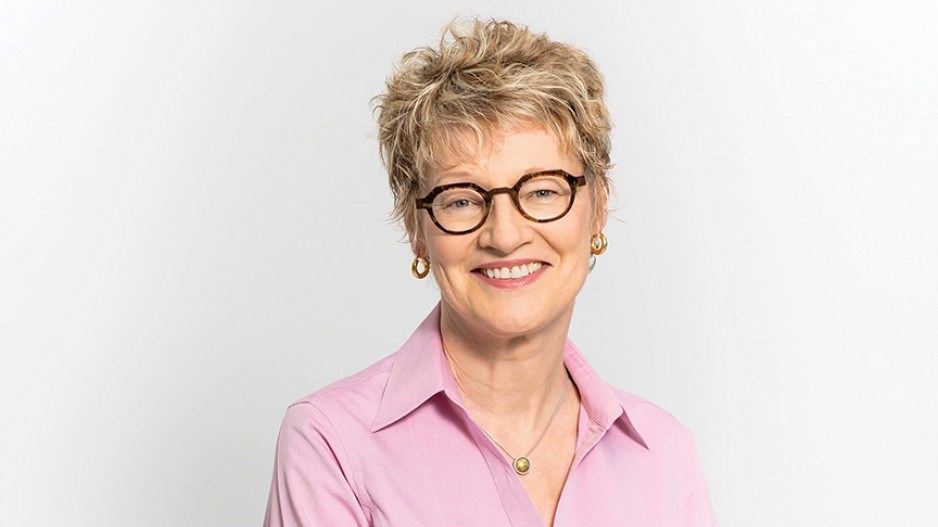In a philanthropic effort to share the extensive knowledge and experience of the B.C. mining sector, the Canadian International Resources and Development Institute (CIRDI) has recruited BGC Engineering to form a unique partnership.
Based at the University of British Columbia (UBC), CIRDI provides expert advice to the governments of developing countries to strengthen their capacity to manage and benefit from natural resources.
CIRDI “is funded by the government of Canada, and our mandate is to provide support to developing-country governments around how they manage, license and review natural resource projects, primarily mining,” said Cassie Doyle, strategic adviser to the institute.
“We are funded like an international assistance organization but we are really in the business of technical transfer and technical exchange. We work with faculty from UBC and Simon Fraser University and our projects become, quite quickly, fairly technical.… We are the core institute that provides management, project management and partnership development.”
The teams at UBC and Simon Fraser offer most of their services as pro bono work to CIRDI and, in return, the institute is able to hire students from the universities, which serves to advance their skills and experience.
BGC Engineering, a Vancouver-based geoscience consulting company, provides expertise with earth science issues, combining efforts to break down sector development barriers.
“CIRDI’s mission of working with developing countries, enabling leading practice, natural resource government, environmental stewardship – that is very much in alignment with BGC’s overall purpose of pioneering responsible solutions to complex earth science challenges,” said BGC vice-president Bill Burton.
“We work a lot with extractive industries, and having mining done right is the goal.”
The organizations’ combined efforts are helping put B.C.’s growing international mining presence on the map.
“It’s a way of bringing Canadian expertise to developing countries, everything from how to license a mine to how to close a mine,” Doyle said. “A particular area we work in is around small, informal mining.”
Mining operations in small, developing countries are often dangerous, underfunded and, for the most part, illegal.
“It’s a big headache for governments trying to help and assist [small mining companies] in how they might formalize the sector. It’s very widespread all over Latin America, which is where we do a lot of work.”
CIRDI and BGC Engineering have two projects underway. One, in Ecuador, is valued at roughly $700,000 and will span two years. The other, in the Dominican Republic, is valued at roughly $500,000 and will take roughly a year.
“We are working with the government to understand the social, political and environmental context … as well as safety issues around mining in these regions, with the objective of putting together educational curriculum and tools for the government to use for training miners.”
Both projects pose significant challenges. In Ecuador, the government is seeking better environmental protection in mining operations.
“[The government’s] objective is essentially to get miners to stop using mercury and cyanide in their processes and have better environmental practices,” said Mike Ellerbeck, CIRDI’s associate director of programs.
The mining industry has been trying to reduce its dependency on mercury and cyanide for a number of years. Canada and Australia, among other countries, are required to abide by the International Cyanide Management Code, which regulates the chemicals uses in mining operations.
In the Dominican Republic, the team is helping with a project to extract larimar, a sea-coloured semi-precious gemstone that is unique to the country, Ellerbeck said.
“[The government] wants to improve the mining sector within [the Dominican Republic] so that it’s safer for the miners that work in it, so that the miners can become legalized and so the government gains revenues through royalties,” he said.
And while the efforts are meant to help the sector grow in other countries, there are also benefits for the B.C. mining industry.
“As you get exposed to different ways of doing things, that experience can be brought back to the industry in B.C. and shared. Also, what happens in other communities or in the industry around the world impacts what happens to the industry in B.C.”
And as leaders in this kind of collaborative approach, BGC and CIRDI hope to inspire others to follow suit.
“It would be really exciting to see other engineering firms and firms even outside engineering doing something similar so we could bring that same multi-disciplinary team approach to other projects,” Burton said. •




